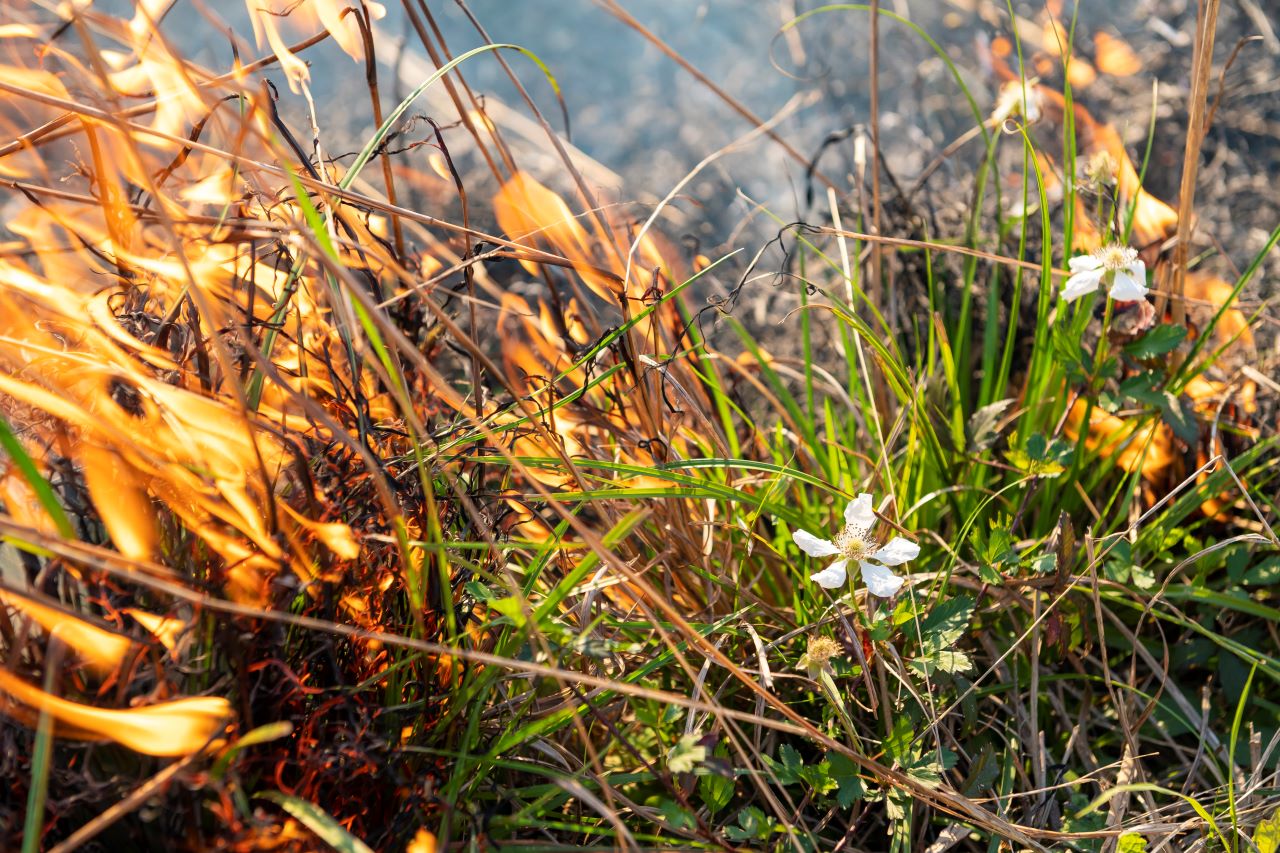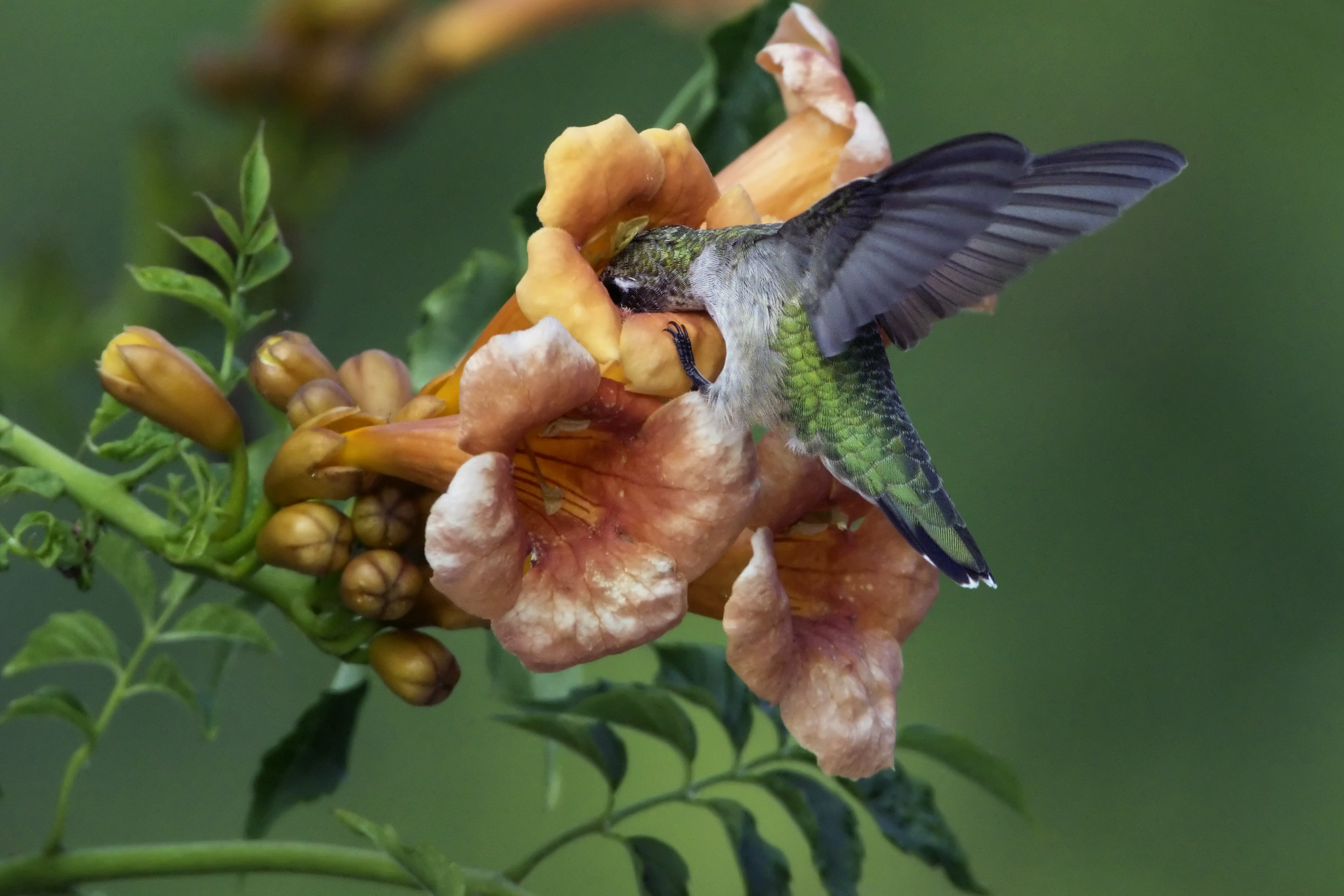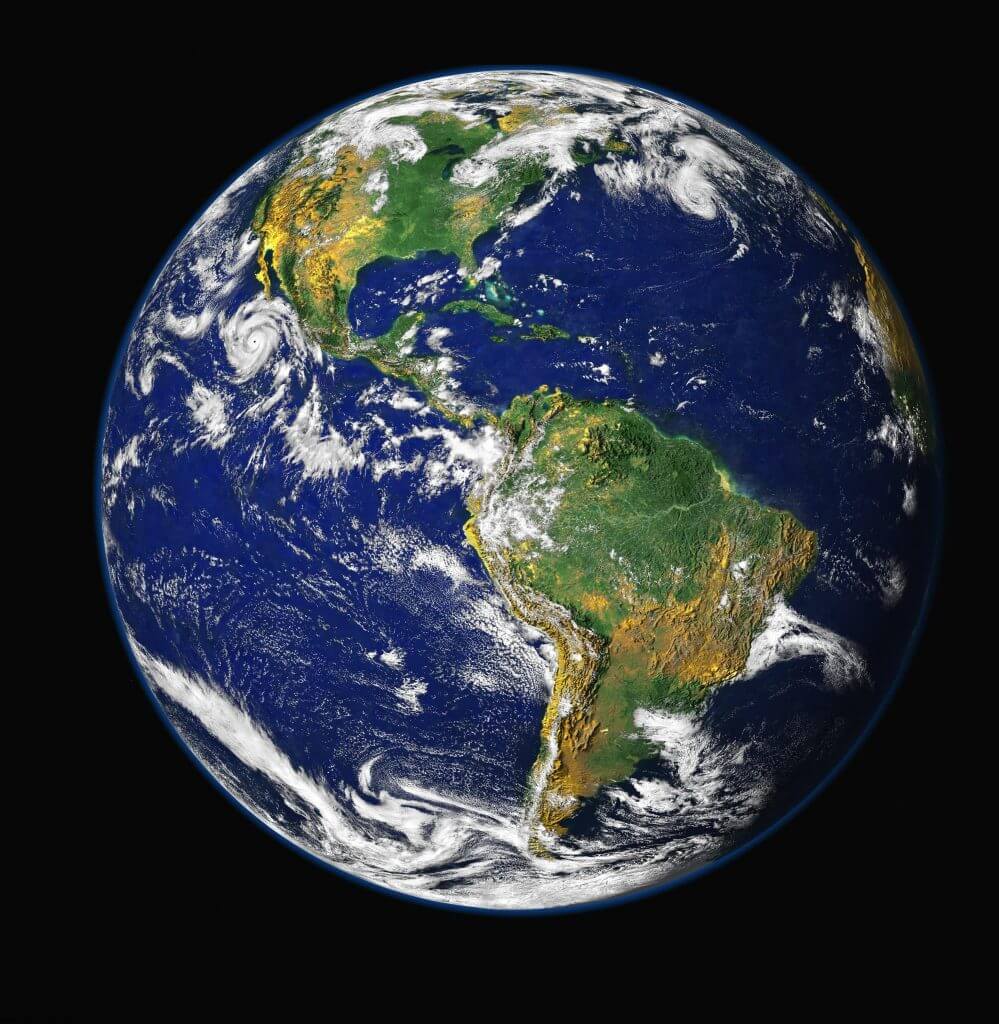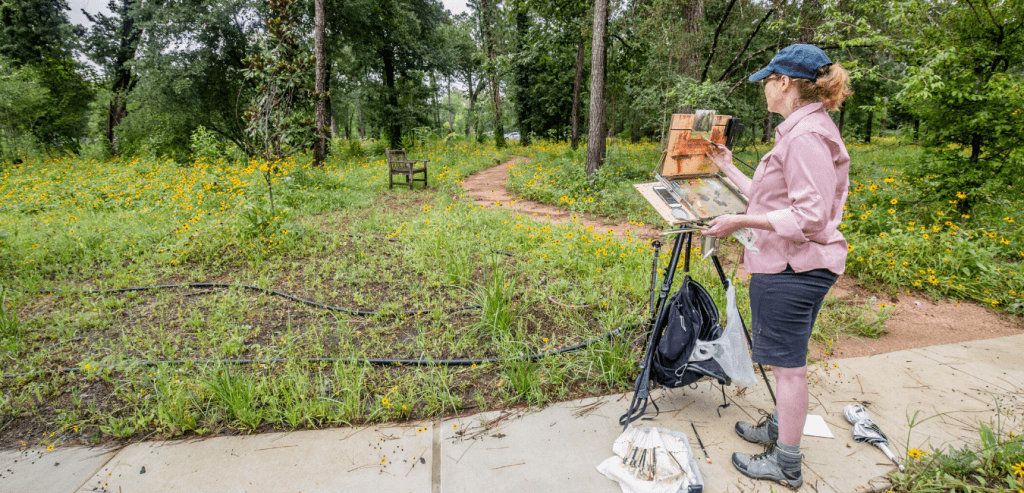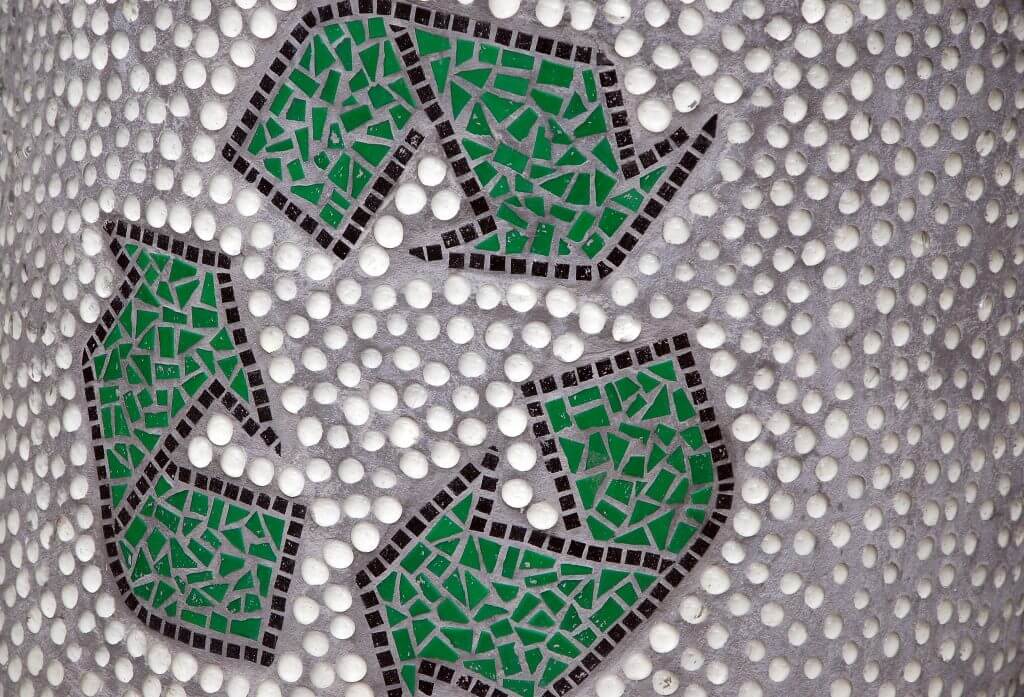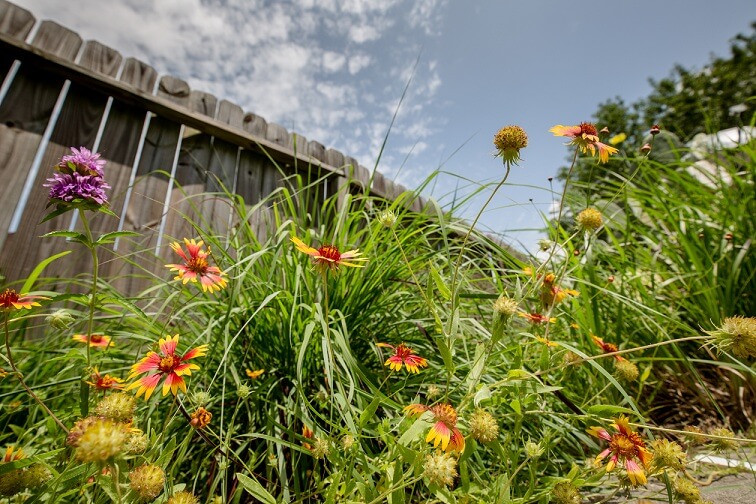Written by Amy Barton

*Please note – this article was written in 2015 and recycling practices may have changed since. Please contact the relevant facility before you drop off your recycling to confirm which types of recycling they accept.
According to Waste Management, every year American’s produce enough plastic film to shrink-wrap Texas! You might be surprised to know that it also takes more than 1.5 million barrels of oil to produce a year’s supply of water bottles. That’s enough oil to fuel 100,000 cars for a year.
We aim to help reduce these staggering numbers by providing this guide to recycling plastic in Houston.
Where can you recycle different products?
If you have curbside pickup:
If you have curbside pickup, you can use the link here to see what items can be picked up: Waste Management’s page on “What Can I Recycle”
Even with curbside pickup, you still can’t recycle certain items like plastic bags, Styrofoam, batteries, light bulbs and electronics. See below on where to bring these items.
If you don’t have curbside pick-up, or for all things you can’t recycle in your bins:
Your local HEB grocery store
HEB will take make items that are not recyclable in your curbside pickup:
- #1 Plastic Bags and #1 Plastic Film
- #2 Plastic Bags and #2 Plastic Film
- #3 Plastic Bags and #3 Plastic Film
- #4 Plastic Bags and #4 Plastic Film
- #5 Plastic Bags and #5 Plastic Film
- #6 Plastic Bags and #6 Plastic Film
- #7 Plastic Bags, #7 Plastic Film and #7 Six-pack Rings
**See below for what these numbers mean and where you can find them!
Westpark Consumer Recycling Center
You can take nearly all of your items here (even car and rechargeable batteries and Styrofoam blocks!!), please click here for the full list of accepted and not accepted materials: http://www.houstontx.gov/solidwaste/westpark.html
5900 Westpark, Houston, TX 77057
Phone 713.837.0311
Waste Management’s Clay Road location
This location pays you for paper and cardboard recyclables! Cardboard and paper only.
9590 Clay Road, Houston, TX 77080
(713) 772-9100
Still can’t find where to recycle something or want a closer location?
Use Earth911. This great website will locate recycling centers near you. It will also tell you where you can recycle certain materials: http://search.earth911.com/
How to Recycle Plastic
First, only recycle clean plastic
If you recycle plastic that still has food waste on it, it could contaminate a whole bale potentially containing thousands of pounds of recycled plastic. This could lead to all of that recycling being thrown out
About the Resin Code
The resin code is how you tell what can go into the recycling bin and what can’t. Each processing facility takes different codes but it is worth checking. Most of them will have it on their website.
To find the code, turn the product over and look for the recycling symbol which is a triangle with a number from 1 to 7 inside. That number is the “resin identification code,” or RIC, which determines the type of plastic.
Some recycling centers accept all types of plastic. Others accept only containers with certain code numbers. Certain numbers are more easily recycled than others (see below).
Using the Resin Code
Some recycling facilities accept only certain items within each number, for instance, they accept all items coded as a RIC 1 except plastic to-go containers. Some products are packaged with 2 or more different types of plastic. Keep in mind that the resin code number does not mean the plastic can be recycled. It is simply a way to identify the resin, or plastic, type.
About each number code: The stars to the right determine the recyclability from 0 – 2 stars
#1: PET or PETE (polyethylene terephthalate)**
Can be recycled in most curbside recycling programs
PET is one of the most prevalent and easily recycled plastics. Soda and water bottles and microwaveable food trays are good examples of PET. These products can be recycled into carpet, t-shirt material, shopping bags, and even fleece jackets.
#2: HDPE (high-density polyethylene)**
Can be recycled in most curbside recycling programs
Shampoo bottles, laundry detergent bottles, and milk jugs are made of HDPE plastic. HDPE is also commonly recycled, and can be used to make plastic lumber (Trex), as well as Tyvek envelopes and HAZMAT suits. Clear HDPE, like water and milk jugs, can be made into new containers.
#3. V or PVC (vinyl or polyvinyl chloride)
Almost never recycled – avoid clear food packaging and pleather
V plastic has several uses. In its rigid state, it is used for construction purposes such as plumbing pipe and siding. In a flexible state, PVC plastic is used to make clear food packaging, medical tubing, and even pleather! Although #3 plastic can be recycled, it is not cost efficient to do so because there are so few items that can be made from its material.
#4. LDPE (low-density polyethelene)*
Most can be taken to local grocery store like HEB and Randall’s
Plastic grocery sacks, bread bags, and frozen food bags are made of LDPE. Although LDPE plastics are recyclable, many recycling facilities do not accept them because of the cost to transport and recycle the items is much higher than the cost of manufacturing a brand new product. Look for a program to recycle these at your local grocery store.
#5. PP (polypropylene)*
Usually needs to be taken to a recycling center – choose box instead of tub butter
Polypropylene is made into yogurt and margarine containers, as well as some plastic garden pots. Like #3 V plastics, there are not enough uses for recycled polypropylene for most recycling centers to justify the cost of transporting and processing it. In some locations, recycling centers will take #5 plastic if an industry close by uses it regularly.
#6. PS (polystyrene)
AVOID! Take foam blocks to Westpark Recycling Center, take packing peanuts to local UPS or packaging store, request Styrofoam free shipping
This familiar plastic in its expanded state is called Styrofoam. It’s used to make packing peanuts, coffee cups, and meat trays and should be avoided whenever possible: it almost always ends up in a landfill or even your local waterway. (See if your local packaging store will take your used packing peanuts – this is an easy way to recycle a potentially harmful material.) In its condensed state polystyrene can be seen as compact disc cases, food containers, and disposable cutlery.
#7. Others
Avoid purchasing for one time use purposes
There are many other types of plastics that are made up of other resins or even different plastic combinations; 5-gallon water jugs and some baby bottles are classed as #7 plastic. It is important to remember that mixed resins cannot be recycled, so try to avoid purchasing them for one-time use.



